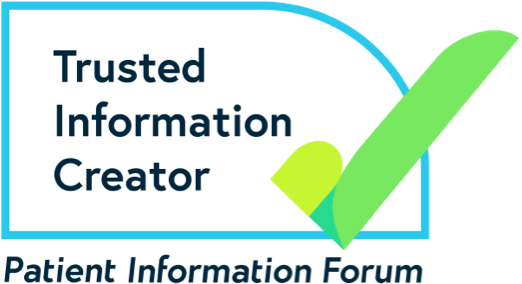Back to education after cancer
Going back to school, college or uni after cancer treatment can be nerve-wracking. We talk to a disability advisor about your rights, how to prepare, what support you can get and who to talk to.
- Going back to school, college or uni is a big step – it’s normal to feel a mix of excitement and nerves
- As a young person who has experienced cancer, you have rights in law which can help you get what you need in order to keep studying
- It can be useful to talk to your teachers, tutors or friends about your cancer experience, to help them know how to help you
Who to talk to about studying after cancer
If you’re worried about your studies or you’re struggling to keep up, try not to keep it to yourself. It might help to talk to:
- Your teachers, who are there to support you as well as teach you
- Your place of education’s disability department, if they have one
- Your school, college or university counsellor, which might sound like a scary option, but really isn’t – it’s someone who’s trained to listen and help you deal with problems
- Your parents, who can talk to teachers if you’d rather not and might be able to help you get extra support
- The people taking care of you, including doctors, nurses, social workers and youth workers, who might have some helpful ideas on how to cope with studying
- Your friends, who might be able to help you keep up, or might just be the perfect people to open up to about your feelings.
Your first day back
Like a lot of things, your first day back nb usually seems a lot worse in your head than it actually turns out to be. You might find that some people seem a bit awkward and don’t know what to say to you. But you’ll also find that people are really happy to have you back.
You might want to arrange to meet a friend before school, if you think arriving with someone else might help you feel a bit less self-conscious.
And if you look a bit different after your treatment and are worried about how people might react, you could arrange to meet up with a few people before you go back. Try to remember, too, that everyone will get used to how you look now very quickly.
If anyone does make nasty comments, it can be hard not to take that very personally. Sometimes hurtful comments can come as a result of someone being nervous or confused about cancer. But if it carries on, let someone know – dealing with bullies isn’t something you need on your mind.
Going back to school
Having treatment for cancer might mean that you’ve spent some time away from school. You might have carried on with some of your schoolwork while you were in hospital or at home, or you might not have been well enough – everyone’s situation is different.
Thinking about returning to school can bring up a lot of feelings. You might be excited to get back, you might be worried, or you might feel like you don’t want to go back. This is all really normal and understandable.
If you’re thinking about going back to school you’ll need to think about your physical health, including how well you feel and what your healthcare team says. You’ll also need to think about how ready you feel and your mental health.
Find out more about going back to school and the support you’re entitled to.
Going back to uni
You might be excited or nervous about going back to uni, either way it can be an adjustment. You might have a different schedule now and you might also have to make some adjustments to your routine to make it work for you after your treatment.
Getting in touch with your tutor or department about any reading or preparation you can do before you go could be useful. If you’re not able to get there in person yet you could ask to speak to them on the phone, or online. They should also be able to let you know about what to expect from the course when you get back.
This can also be a good opportunity to share with them any reasonable adjustments that you might need.
Find out more about going back to university and the support you’re entitled to.

PIF TICK accredited information
The Patient Information Forum is the UK membership organisation and network for people working in health information and support. The PIF TICK is the UK-wide Quality Mark for Health Information.

